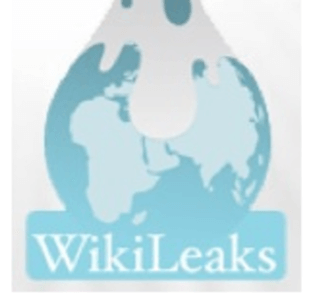If you’re looking to say something contentious on the Internet, then Iceland is the place to go. The Icelandic Parliament unanimously passed a proposal yesterday to make the country a “new media haven” in an initiative inspired and strongly backed by Iceland-based whistleblower website WikiLeaks.

The proposal, entitled the “Icelandic Modern Media Initiative“, “resolves to task the government with finding ways to strengthen freedoms of expression and information freedom in Iceland, as well as providing strong protections for sources and whistleblowers.”
According to the text of the initiative, Iceland hopes to become the international home of news organizations worldwide by way of providing these protections:
The legislative initiative outlined here is intended to make Iceland an attractive environment for the registration and operation of international press organizations, new media start-ups, human rights groups and internet data centers. It promises to strengthen our democracy through the power of transparency and to promote the nation’s international standing and economy. It also proposes to draw attention to these changes through the creation of Iceland’s first internationally visible prize: the Icelandic Prize for Freedom of Expression.
The proposal goes on to acknowledge that where a particular media is published has become irrelevant in many ways and that the creation of these laws could help create an environment that fosters quality journalism, unafraid of prosecution.
“We can create a comprehensive policy and legal framework to protect the free expression needed for investigative journalism and other politically important publishing,” the initiative reads.
When Al Jazeera covered the budding proposal last March, it said that “the idea behind IMMI is simple but it’s ambitious – bring together some of the most progressive media laws from many different countries to create one holistic law that will position Iceland at the forefront of the battle to protect journalists, whistleblowers and their sources from oppressive libel laws.”
As both Al Jazeera, the Nieman Journalism Lab and others question, however, can laws in one country protect journalists from prosecution in other countries? The article on Nieman Journalism Lab suggests that the laws may not ensure protection from other countries laws, but “if nothing else, it would probably prevent your servers from being forcibly shut down”, were your content hosted in Iceland.
For now, however, the effects of IMMI are yet unknown, as it is merely a proposal for laws that remain to be written and tested in international waters. There is also the question of whether or not Iceland has the bandwidth to support large media servers, although the IMMI clearly states that Iceland “has fast undersea cables to some of the world’s largest consumers of information”.
Whatever the case, the passing of such a proposal is promising, if just in an altruistic and optimistic journalist’s point of view.

















